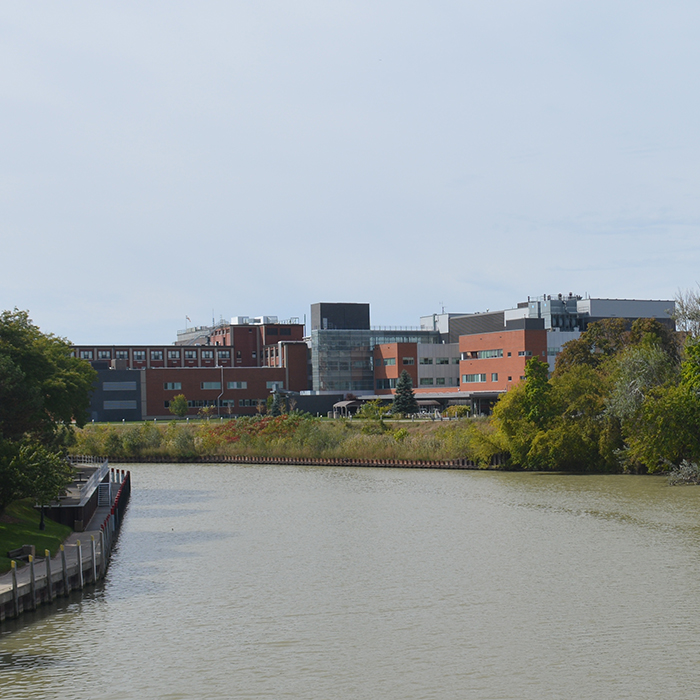
By Jenna Cocullo
The Chatham-Kent Health Alliance (CKHA) has once again reviewed its visitor restriction policy implemented in response to the developing COVID-19 pandemic.
No visitors will be permitted to the Chatham and Wallaceburg sites with a few exceptions, according to information issued on Saturday.
Only one consistent visitor is allowed for patients who are imminently dying even if they are in the ICU, or anyone undergoing life-threatening surgery, not including fractures. Labouring mothers, paediatrics and Level 2 Nursery patients are also allowed one visitor. Anyone in the emergency department who meets the listed criteria is also included in the exceptions.
“When CKHA is making decisions regarding the visitor policies, the organization considers the safety of our patients, staff, physicians as well as the Chatham-Kent Community,” stated CKHA health officials.
Each unit at the hospital now has tablets that can virtually connect patients to their loved ones, thanks to a donor who CKHA said would like to remain anonymous.
Visitors will continue to be actively screened into the hospital. Those who fail screening will not be permitted to enter, regardless of the patient’s condition. No other visitors will be permitted to enter these premises.
Visitors must be over the age of 18 and be non-symptomatic. They are required to check in at the main entrance at the Chatham Site and Emergency Department (ED) at the Wallaceburg Site.
Visiting hours are from 11 a.m. to 8 p.m. for visitors designated by patients. Visiting outside of those hours will be by exception approved by the care team and those visitors will be required to enter through the Emergency Department at both sites in off hours.
Public entrances continue to be limited to the main entrance at the Chatham Site, and the Emergency Department (ED) at the Wallaceburg Site. The ED entrance at the Chatham Site is for emergency patients only.
CKHA advises the public to NOT come to the hospital unless it is absolutely necessary. If someone feels they are experiencing a medical emergency they should call their primary care provider for further direction, and 911 for any life-threatening illness.






